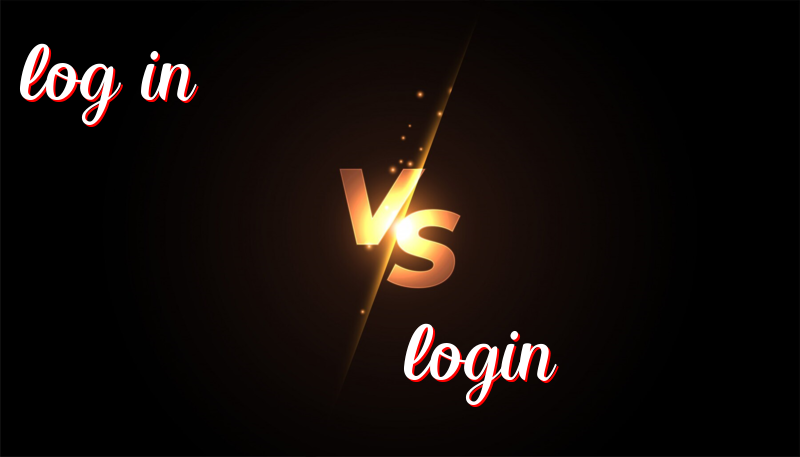Understanding Log in and Login: A Simple Guide
Difference Between “Log in” and “Login”
Understanding the difference between “log in” and “login” can help make your writing clearer. Let’s talk about these two words and how to use them.
History
The words “log in” and “login” come from the computer world. “Log in” started as a way to say you are entering a computer system. “Login” came after and is a shorter way to talk about the process or place where you start using your account.
How to Use Them
“Log in” is a verb phrase. It shows the action of entering a system.
“Login” is a noun or adjective. It describes the place or thing related to logging in.
Trick to Remember the Difference
Think of “log in” as an action you do. Picture yourself typing on your computer. “Login” is like the door you go through, or the place where you enter.
Examples of “Log in”
- I log in to my email every morning.
- Don’t forget to log in to the website before you start.
- You need to log in to check your messages.
- He failed to log in because he forgot his password.
- She asked me to help her log in to her account.
Examples of “Login”
- The login page is not working.
- Please enter your login details.
- I forgot my login password.
- The login screen appears after you click the button.
- My login information is saved on my computer.
Summary
“Log in” is used when you talk about the action of entering a system. Use it when you describe what you do.
“Login” is used to describe the place or thing related to accessing a system. Use it when talking about screens, pages, or details.
Remember: “Log in” is something you do; “login” is something you use.

Leave a Reply
You must be logged in to post a comment.